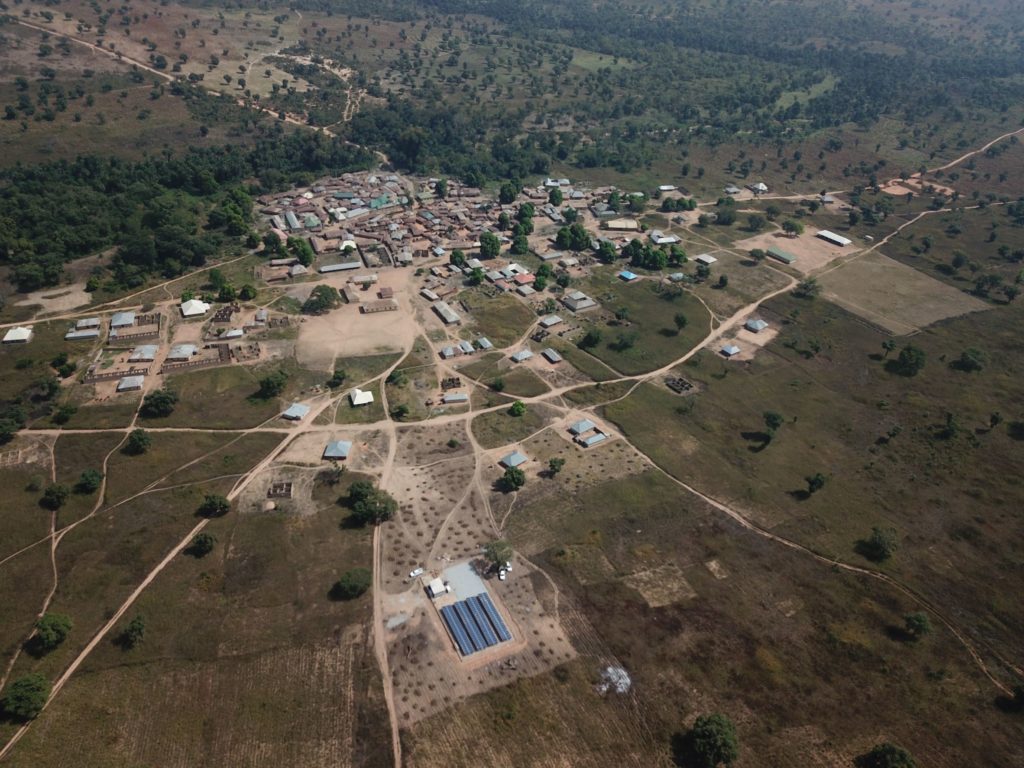
Canada-based greenhouse gas emissions reduction company CarbonAI has signed a memorandum of understanding (MOU) with the Rural Electrification Agency (REA) of Nigeria to develop small-scale rural solar projects across the country.
CarbonAI said that the solar mini-grid installations will be funded by carbon credits generated by its gas flare capture projects, which it has deployed across Nigeria.
Try Premium for just $1
- Full premium access for the first month at only $1
- Converts to an annual rate after 30 days unless cancelled
- Cancel anytime during the trial period
Premium Benefits
- Expert industry analysis and interviews
- Digital access to PV Tech Power journal
- Exclusive event discounts
Or get the full Premium subscription right away
Or continue reading this article for free
The projects will target underserved communities in areas affected by gas flares in proximity to CarbonAI’s technology. The REA will identify potential project locations and liaise with communities, while CarbonAI will take on financing, designing and construction.
”We are strong believers in win-win outcomes,” said CarbonAI chief carbon officer, Yvan Champagne. “We believe our climate dividend programme captures the spirit of the energy transition by leveraging immediate reductions in today’s energy system to build the energy system of tomorrow in Nigeria.”
Nigeria has pledged to eliminate gas flaring by 2025, and CarbonAI said that this MOU will contribute to reducing greenhouse gas emissions in communities near to gas and oil plants as well as providing a stable and secure energy supply to these areas.
The REA is an implementation agency of the government of Nigeria, primarily tasked with increasing access to electricity in unserved and underserved rural areas.
Managing director and CEO of the REA, Ahmad Salihijo Ahmad said: “The off-grid space in Nigeria is undergoing commendable growth. With the resultant opportunities, key stakeholders must take the responsibility to leverage these opportunities to accelerate sustainable impact, nationwide. This is another strategic and innovative way to finance climate-resilient infrastructure in Nigeria while alleviating energy poverty.”
In September, Crossboundary Energy Access and Engie Energy Access partnered to build US$60 million worth of mini-grids across Nigeria. The same month, the Nigerian government signed an MOU with India-headquartered Sterling & Wilson for 961MWp of solar PV installations.






